World sleep day: how to cultivate an optimal sleep routine – starting tonight
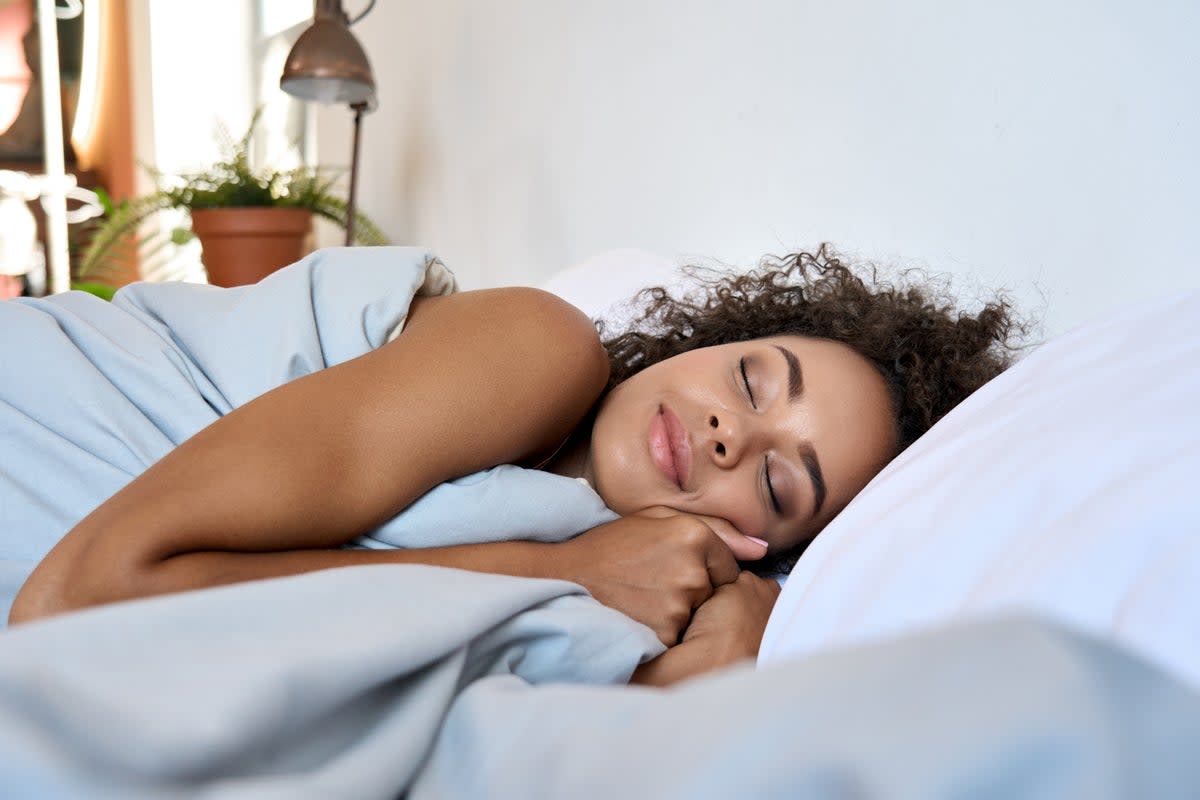
It’s no secret that quality sleep is linked to better health – it helps re-energise brain cells, keep our immune system strong, regulate our metabolism, reduce stress levels, and repair our skin. But nailing how to get a peaceful, uninterrupted night’s rest is no small feat. Whether it’s social media scrolling or the stress of a never-ending to-do list keeping you up, you’re not alone.
According to the Sleep Foundation, it’s estimated that one in three adults suffer from sleep deprivation. That’s where the experts come in. Below, they weigh in on how to cultivate an optimal sleep routine – just in time for World Sleep Day this Friday, 15 March. Here are their tips for achieving a consistently dreamy slumber.
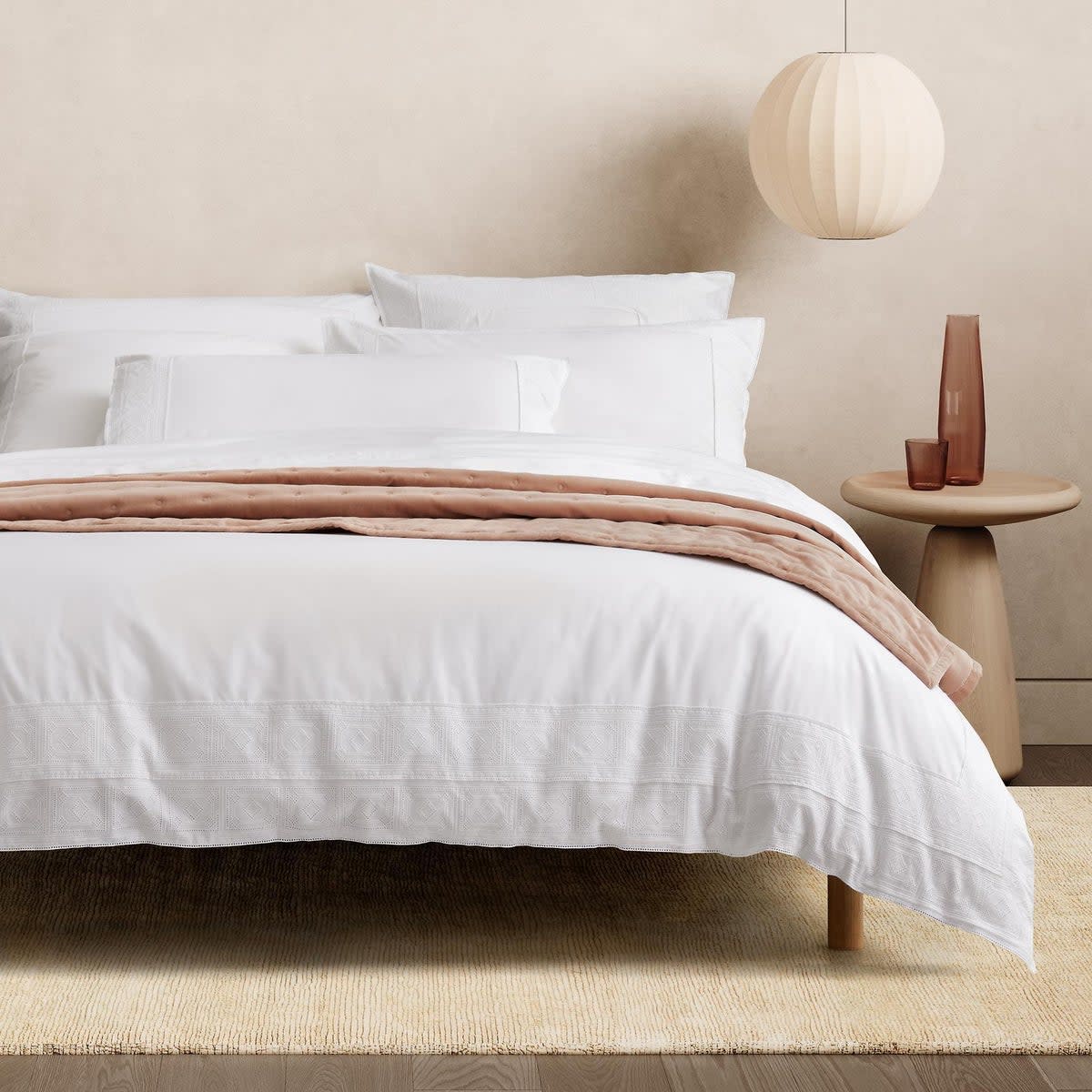
To start, I visited Dr Oliver Bernath, a neurologist and sleep disorders specialist, based at the wellness clinic, Lanserhof at the Arts Club. “We each have a chronotype,” he tells me, “this is the natural inclination of your body to sleep at a certain time. Most people understand this as being an ‘early bird’ or a ‘night owl’. But as we know, cultural pressures and daily responsibilities often override our biological clocks.”
Dr Bernath continued, “The keys to consistently good sleep are a fixed schedule, taking melatonin as needed, and bright light exposure in the morning. For those who struggle to fall asleep, I often recommend taking 1mg of ‘fast release’ melatonin, three to four hours before your desired bedtime. Whereas ‘slow-release’ formulations can be helpful for people who have trouble staying asleep during the night or who awaken too early. In this case, your doctor may recommend you take ‘slow-release’ melatonin right before bed so that it takes effect during the night, helping you to maintain a deep sleep.”

Melatonin is available by prescription only in the UK, so you will need to speak to your healthcare provider if you think it might be right for you. They will ensure that you really need the medication, and that you understand its use and appropriate dosages.
As an alternative, Shabir Daya, in-house pharmacist at wellness e-retailer, Victoria Health, recommends trying over-the-counter herbal options. He explains, “Magnesium, oat straw, and ashwagandha work to physically relax muscles, whilst theanine and passionflower can help calm the mind. And magnolia bark extract is shown to balance stress hormone levels in the body.” This blend of natural ingredients powers Victoria Health’s best-selling “Sleep Tight Plus” supplements.
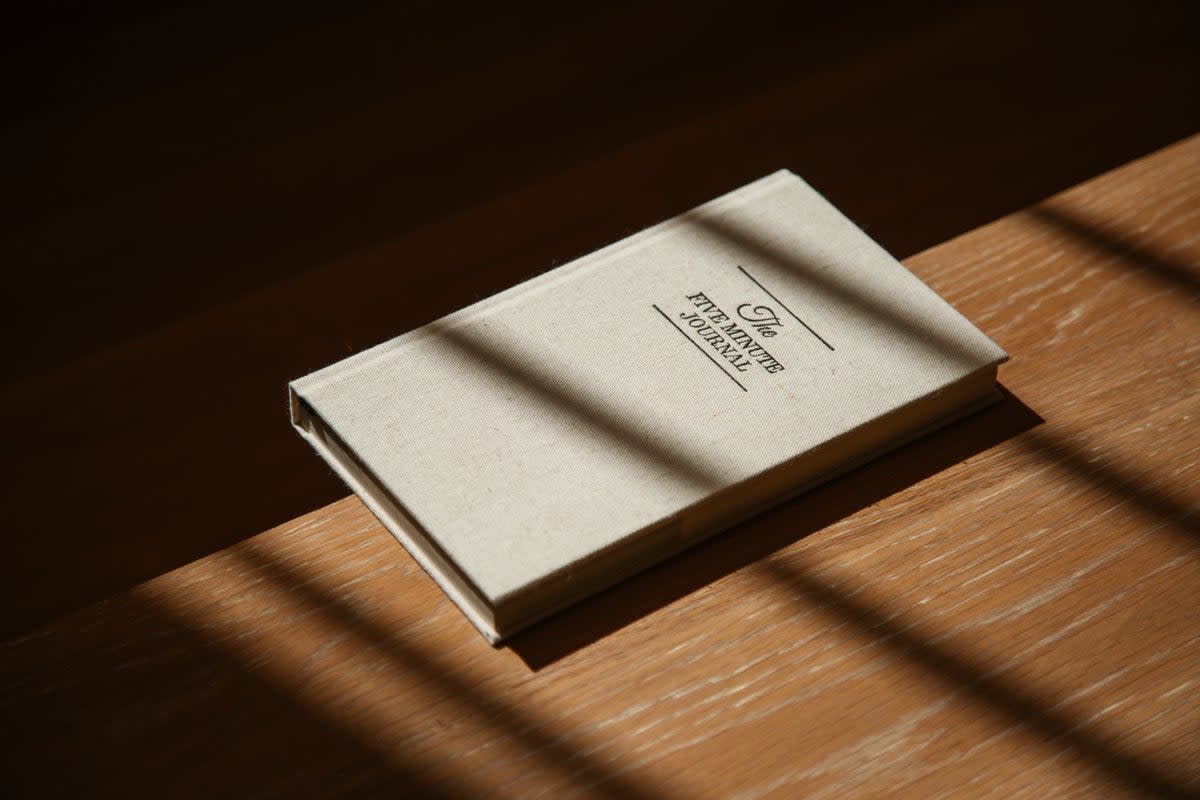
You should also consider how your surroundings can hinder or enhance your rest and your skin health. Renowned dermatologist, Dr Catherine Borysiewicz, based at the Galen Clinic tells me, “We have all heard the expression ‘beauty sleep’, and many studies carried out to date have looked at the effects of sleep deprivation on skin. As a dermatologist, I frequently encounter patients with a worsening of inflammatory skin conditions such as acne, eczema, and psoriasis at times of poor sleep. Studies have also suggested that chronic lack of sleep is associated with increased signs of ageing, and interestingly, a lower satisfaction with appearance.
“With all of this in mind, think about your sleeping environment,” she advises. “Try to have natural cotton, linen, or silk fibres next to your skin for both clothing and bed sheets. Ensure a comfortable level of temperature and humidity – avoid overheating bedrooms in winter months, and overuse of air conditioning in summer months.”
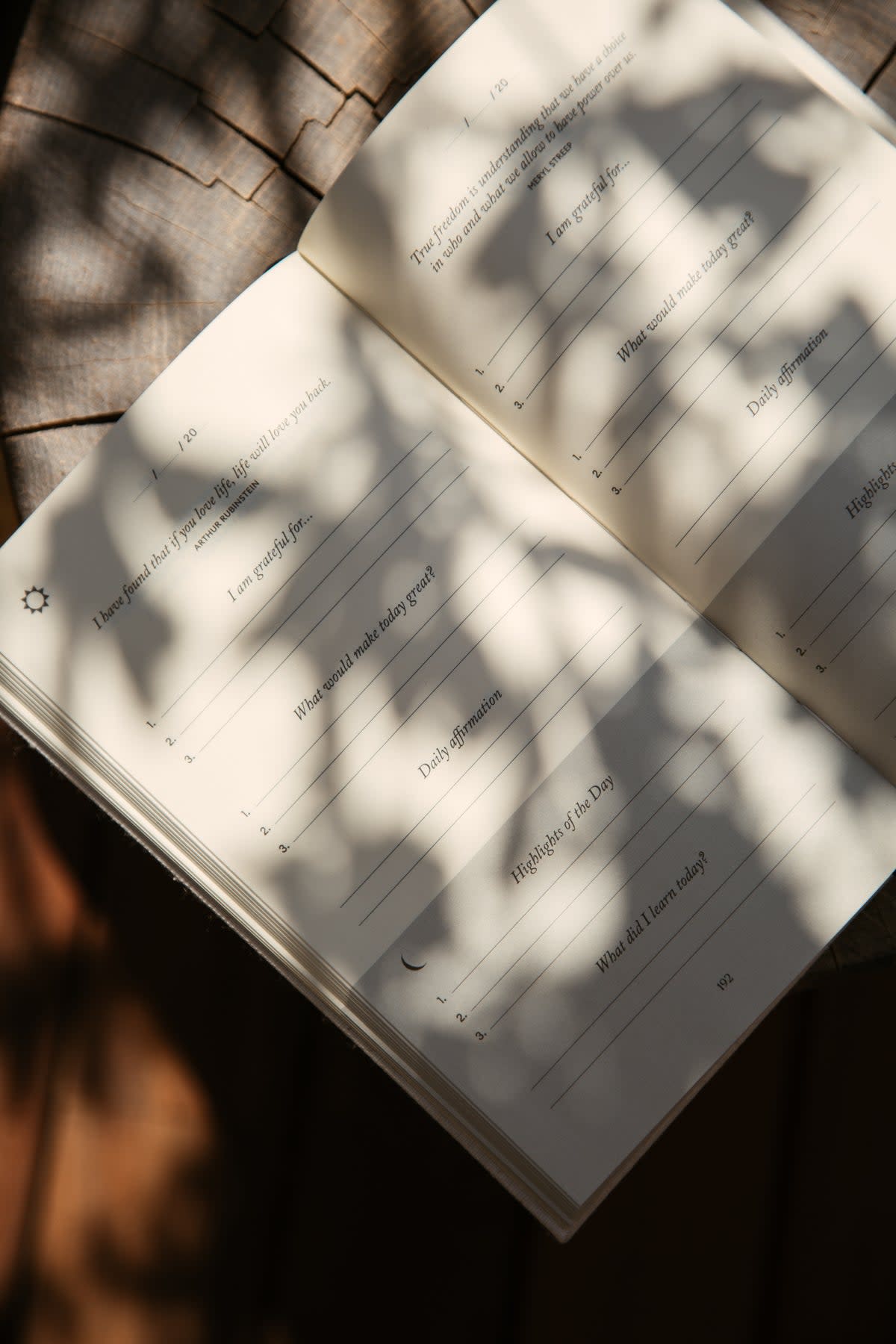
Joanna Ross, general manager of design at bedding brand, Sheridan, adds: “Thread count is a term you’ve definitely heard bandied about before. Generally, the belief is that the higher the thread count, the better the quality – which just isn’t true. Thread count measures sheet weight, and as such, the higher the thread count, the weightier your bedding gets. Heavy materials and fabrics that aren’t very breathable can cause a person to overheat during the night, negatively affecting their overall sleep quality.”

Echoing Dr Borysiewicz, Ross explains, “To promote healthy sleep, we recommend opting for natural fabrics which allow for unobstructed air circulation. Ideal thread count varies by season, but generally, we recommend a 500 thread count sheet for spring and summer, and a slightly heavier 1000 or 1200 thread count option for winter.”
If you’re prone to anxiety or are coping with something distressing, negative rumination may be keeping you up at night. A spokesperson from Intelligent Change, the lifestyle brand known for its guided gratitude journals, suggests keeping one by your bed. They explain, “While there’s no magic solution to clearing away the difficult thoughts or emotions you might be grappling with, you can alleviate the situation with journaling. By putting your thoughts onto paper and giving them a two-dimensional reality, you may experience a sense of relief, feeling like you’ve let go before bed, and perhaps gained a refreshed perspective.”
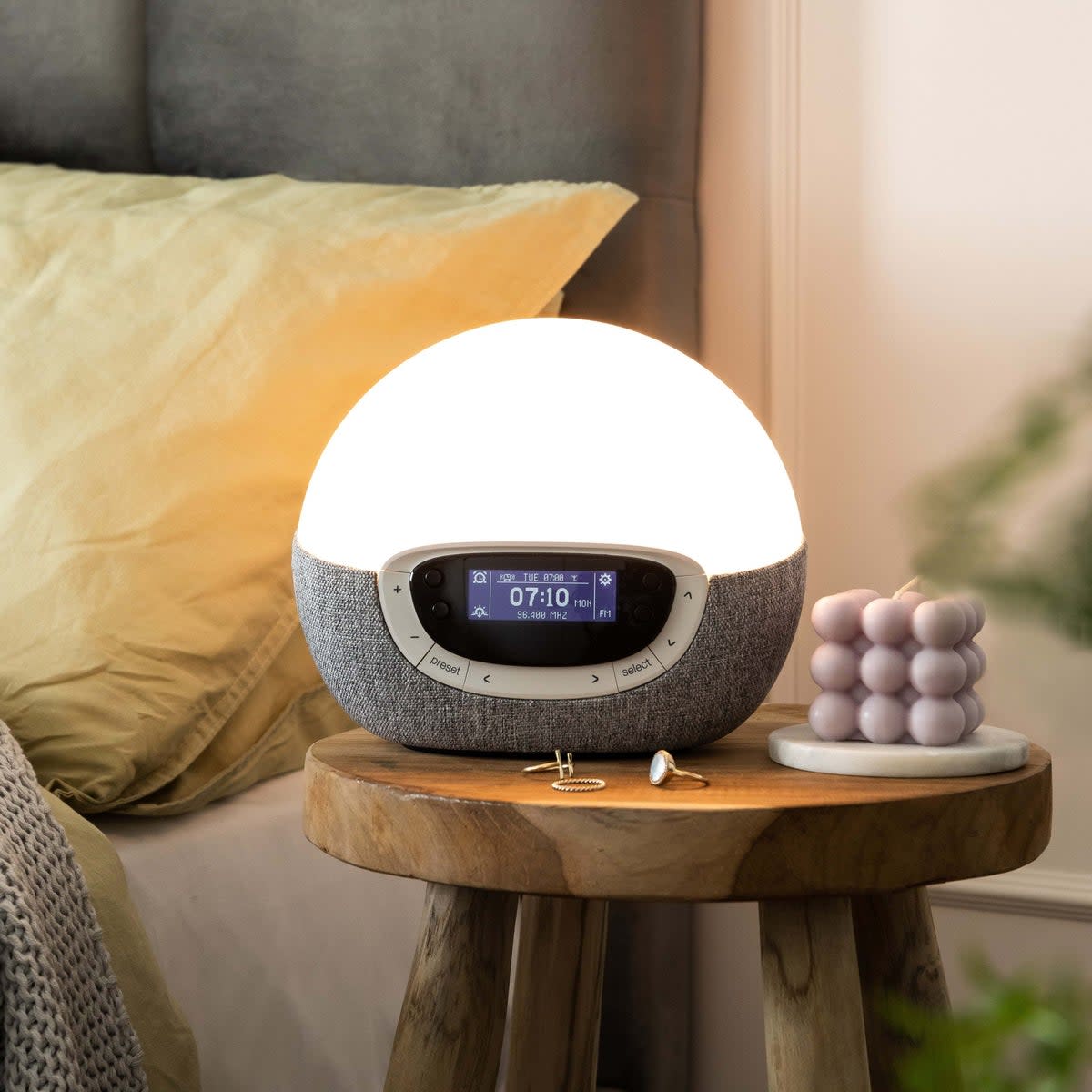
If you still find yourself struggling in the morning, feeling groggy and low energy, Dr Bernath concludes: “Try using a ‘SAD lamp’ within the first hour of waking up.” This bright light replicates the sun, helping to increase levels of alertness and promote better synchronisation of your biological clock. For those willing to splurge, Lumie offers a range of science-backed wake-up lights designed to rouse you from sleep gently with a gradually brightening, warm light.


